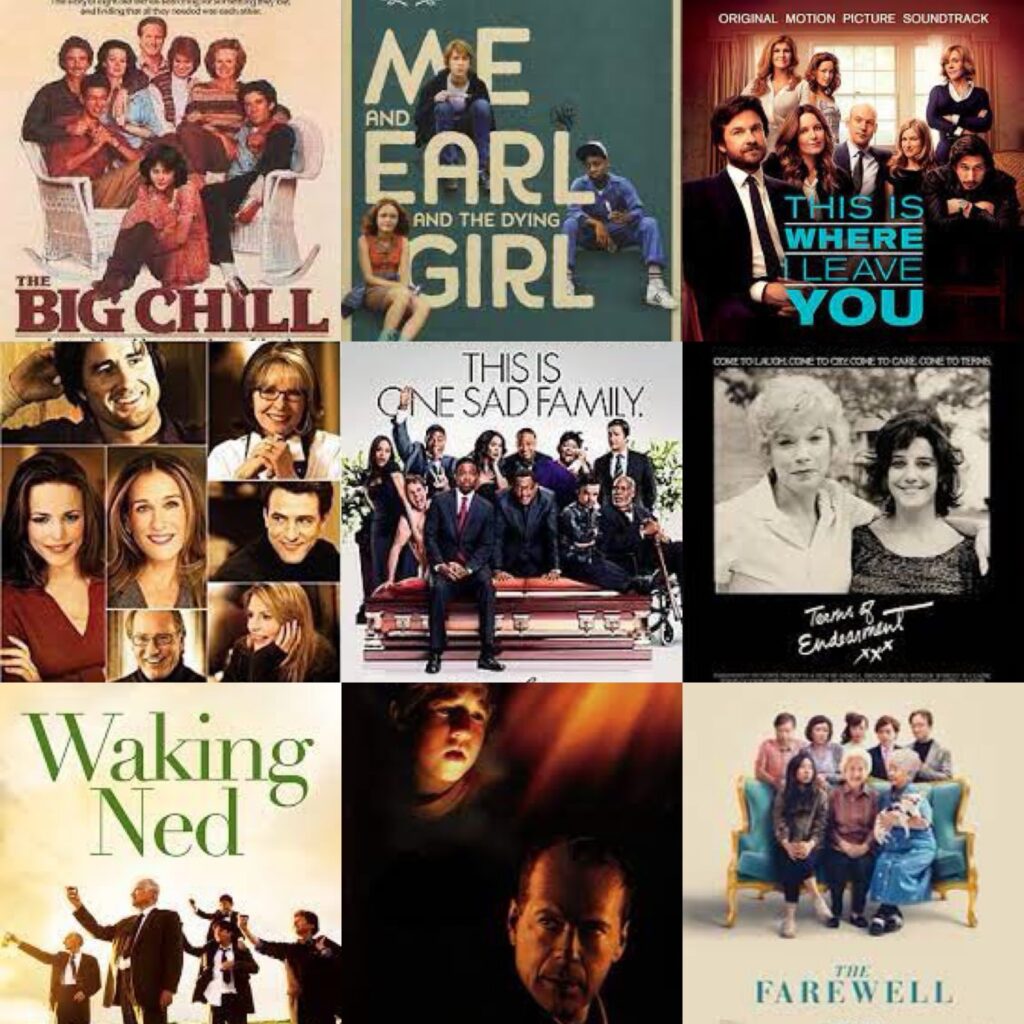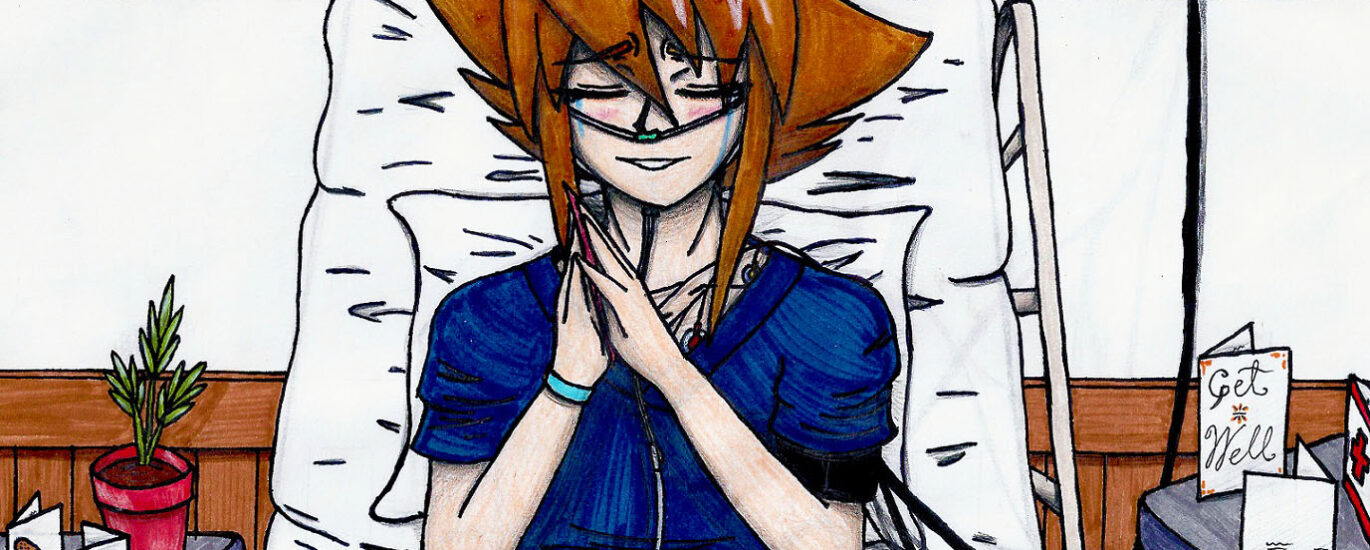Some of the happiest people I’ve met are the people at the end of their lives. Why is that? Why are dying people so happy – happier than we think or expect?
Better Than Expected
Certainly, this isn’t true of everyone. Not everyone is happy to die.
A great many don’t go gently, or happily, into their good night. But most are at peace in a way that is truly enviable – and achievable. They don’t seem to be harboring a secret. They are simply more positive in a way that surprises even their closest loved ones.
When caregivers express uncertainty over why these folks are so okay, I often smile and think, “You’ll get there one day. Hopefully. And then you’ll see, too.”
A recent study in Psychological Science confirms this is a reality for many people at death. After studying letters that dying people write, most are happy and content. This is especially true when compared to the way people believe they’ll feel at the end.
Dying is hardly ever as bad as people imagine.
Reduced Fear
Not all of my dying clients are completely unafraid of death. They’re just less afraid of death than people who are not actively dying.
“When we imagine our emotions as we approach death, we think mostly of sadness and terror,” says psychological scientist Kurt Gray of the University of North Carolina at Chapel Hill. “But it turns out, dying is less sad and terrifying – and happier – than you think.”
Why is this the case? Why are dying people less afraid, and happier, than the rest of us?
Contemplating Our Mortality Reduces Fear
The dying are thinking and talking about death. Almost every day.
Unlike the rest of us, dying people can’t avoid this topic. They’re dying. They know their time here on earth is coming to an end. As a result, people at the end of life do a lot of thinking and contemplating.
They’re reviewing their lives and thinking deeply about death.
Contrary to public opinion, thinking about this fact of life isn’t bad for us. It’s not morose. Or grim. Or depressing.
Most death doulas will tell you the same thing – working in this realm doesn’t darken our mood. In fact, being around death and dying might actually lighten it.
My clients spend most of their time talking to loved ones, experiencing all the emotions, and making final arrangements. They’re also holding space with family and engaging in tender talks.
And they’re telling us it’s not as bad as they thought it was going to be.
Let’s start listening.
Maintaining a Positive Outlook
Thich Nhat Hanh, a Buddhist monk, and spiritual leader encouraged us to smile. A lot.
He and other spiritual leaders want us to smile as we pray, and go about our daily business, even when we’re wearing masks. I’ve had yoga instructors and other teachers encourage practitioners to smile during meditation and daily yoga practice.
They tell us to consider smiling, even if we don’t feel like it.
Some therapists agree. They believe that the simple act of smiling relaxes the muscles of the face and helps us to feel better.
After all, studies suggest squinting all day tricks our brain into thinking we are scowling. Then we get cranky with people, even if there’s no reason for it.
How do you like that? Sunglasses can help us prevent grumpiness.
So why wouldn’t the opposite be true? Why wouldn’t smiling and staying positive help us feel good?
Many psychologists encourage clients to participate in creative acts of pretending to feel better. This doesn’t mean we should run from our reality, or not do the work to get through a trauma.
It just means maybe through creative pretending, or smiling even when we don’t feel like it, we discover things we didn’t realize before.
We can make ourselves sick, right? Then, at some level, we can make ourselves well.
Even if it’s only a state of mind.
Communicate with Love
The last moments of communication with terminally ill or dying patients are often filled with love, connection, and meaning. Most of my clients use positive words, and more of them, the closer they get to dying. This might very well be advanced positive thinking. And it can contribute to an enhanced capacity for happiness and joy.

Popular Culture Contributes to Fear
I find myself looking at scenes in television shows and movies with more scrutiny. This is especially true since becoming a death doula.
I felt a similar kind of way when watching birth scenes after becoming a mom.
Not only are scenes depicting childbirth and death inaccurate, but they’re also harmful. People writhing, squirming, or acting out in horrific ways. These are not realistic for the vast majority of my clients.
These images leave viewers worried or scared.
Is Modern Healthcare to Blame?
The way we deal with health care in this country only adds to that misconception. Interactions with doctors, insurance companies, and hospitals can often feel impersonal and cold. Many physicians see death as a failure of some kind and avoid discussing it.
This system contributes to the myth that death is always a tragedy.
In reality, death is simply not that bad. It’s not a medical event and can be handled with more care, and less institutional distance, thereby creating a more positive experience for almost everyone.
In the End
So maybe, when people get to the end of their lives, they’re not ready to throw a party. But it’s not the horrific nightmare they’ve been led to believe it is.
Hopefully, this research encourages more people to look at death differently. In addition, if we understand this truth, we can also be better caregivers. Rather than projecting our own worries or fears onto dying people, let’s acknowledge that they know better.
They’re the ones experiencing it, after all.
Anitya Doula Services exists to help support more happy dying people and good deaths. Contact me for a free quote today.




One thought on “Why Are Dying People So Happy?”